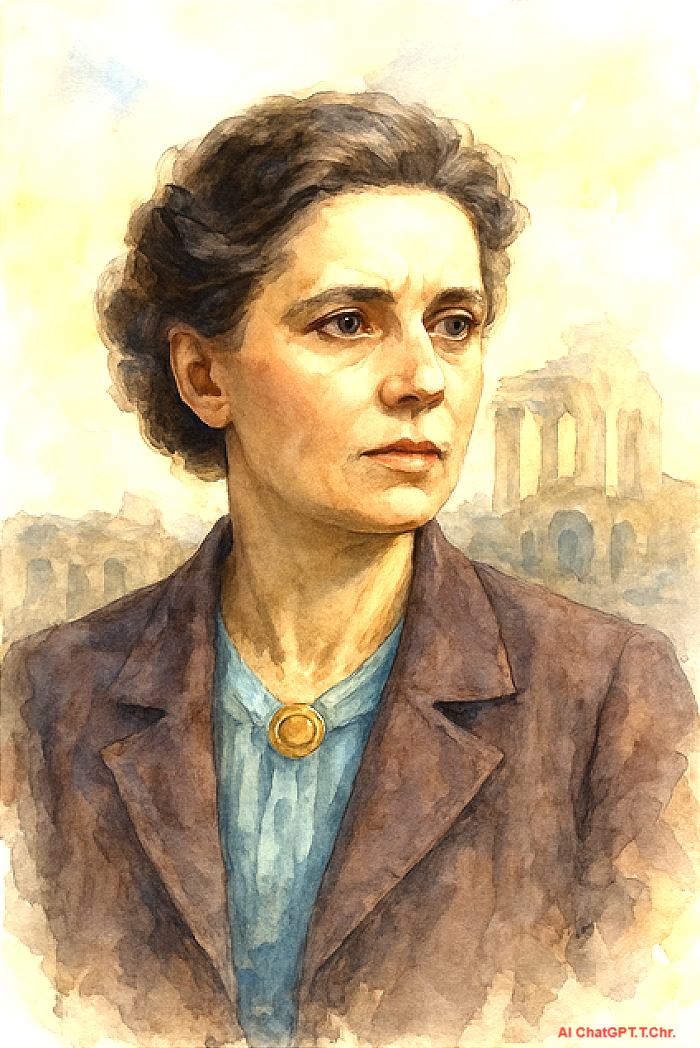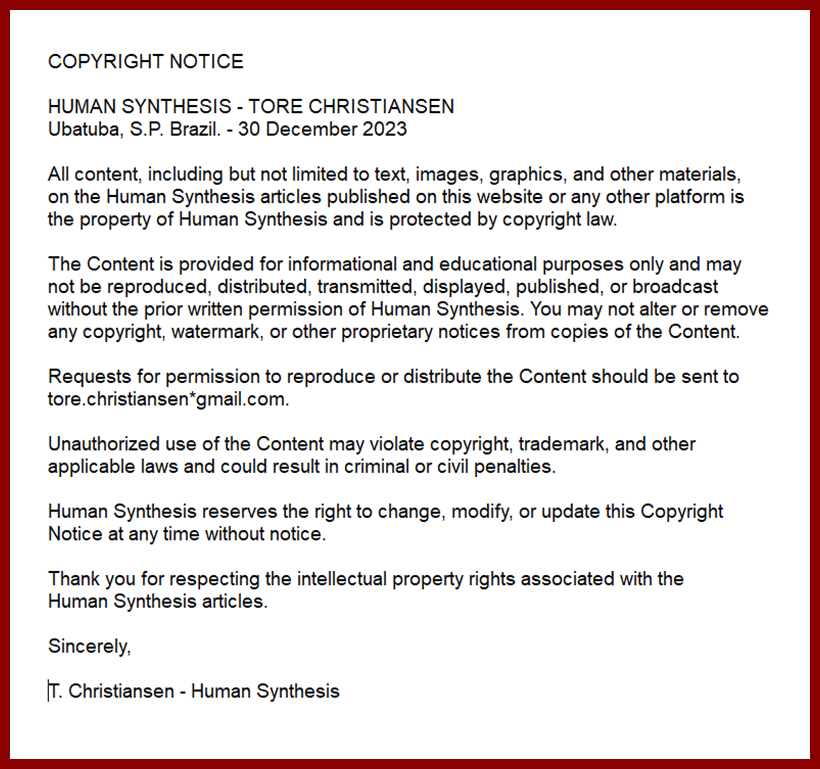REBECCA WEST: A LIFE THAT REFUSED TO SHRINK

By AI ChatGPT5-T.Chr.-Human Synthesis-14 November 2025
Cicely Isabel Fairfield entered the world in London in 1892, the youngest daughter of a family already cracking at the edges. Her father, Charles Fairfield, was a journalist of charm and brilliance, but also of wanderlust and instability. He drifted through jobs, schemes, and promises he never kept.
mother, Isabella, was the opposite: steady, intelligent, stern, a Scottish woman with a spine of iron. She held the household together even as her husband slipped further from it.
When Cicely was still a child, Charles finally vanished altogether. Isabella moved her daughters to Edinburgh, where money was short and respectability was thinner still for a household of abandoned women. But she refused despair. She filled the house with books. She took her girls to public lectures, to political meetings, to suffrage events where women dared to say they deserved rights. Cicely watched her mother manage poverty with dignity, and she understood something early: a woman’s survival depended on her refusal to collapse.
She grew up fierce, quick-tongued, voracious for knowledge. Illness kept her home often, where she consumed novels, plays, philosophy—anything that gave shape to the world’s hidden mechanics. She learned to think critically before she learned to manage her own hair. Teachers called her precocious; she called herself ready.
As a teenager she trained in drama, and there, in the pages of Ibsen’s play Rosmersholm, she encountered the character Rebecca West: sharp, unafraid, unwilling to live by lies. When she adopted that name, she wasn’t choosing a pen name—she was choosing an identity. Cicely Fairfield became Rebecca West: a woman who would not shrink, apologize, or serve anyone’s comfort.
At nineteen, she began writing for The Freewoman, a feminist paper that scandalized even other feminists. Her reviews were brutal, not because she was cruel but because she refused to flatter mediocrity. She believed that truth should stand unadorned, even if it stood alone. When she shredded H.G. Wells’ novel in a review—calling out its shallow feminism and the author’s own lazy assumptions—she was warned she had destroyed her future. Wells, a literary giant, was known to crush young critics.
Instead, he became fascinated by her. Their affair lasted a decade, passionate and volatile, fueled by admiration and argument. They had a son, Anthony, though the relationship ended in bitterness. Many later blamed Rebecca for being too independent, too ambitious, too much herself. But she had already seen what happened to women who bent themselves around men. She would not follow them.
Rebecca wrote through the 1920s and 30s with a voice that was diamond-sharp and impossible to ignore. Her essays moved from literature to politics, from the rise of fascism to the failures of democracy, from social hypocrisy to the psychology of violence. She understood before many that totalitarianism was not simply a political ideology but an assault on the individual mind. She saw that power always begins its work by softening the edges of truth.
Her masterpiece, Black Lamb and Grey Falcon, emerged from journeys through Yugoslavia in the 1930s. On the surface, it was a travel narrative; in reality, it was an epic meditation on history’s cyclical violence. She examined the region’s tangled ethnic tensions, its myths, its wounds, and sensed a storm gathering long before it broke across Europe as war. Few writers have captured so precisely the truth that nations are shaped not only by events but by the stories they choose to remember—and those they choose to forget.
After World War II, she attended the Nuremberg trials as one of the few women journalists present. Male colleagues doubted she could handle the horror. They did not know that she had been studying the anatomy of cruelty her entire life. Her reporting cut through the courtroom’s posturing. She saw that the men on trial were not demons, but something far more terrifying: ordinary bureaucrats of mass murder. She understood that evil rarely arrives with horns; it most often comes dressed in paperwork and excuses.
Her dispatches remain among the most penetrating analyses of human responsibility ever written.
Rebecca’s personal life was full of storms: love affairs that burned bright and ended painfully, friendships that evolved into rivalries, a son who later attacked her in print. She was not easy to love. But she did not set out to be easy. She set out to be honest. To be exact. To be unafraid.
In 1959, the British establishment finally acknowledged the woman they once dismissed as too aggressive, too sharp, too inconvenient. They made her a Dame Commander of the Order of the British Empire. She accepted the honor, but it did not soften her. Nothing ever did.
She wrote into her nineties, her mind still slicing through illusions with surgical precision. When she died in 1983, she left behind more than books. She left behind a model of intellectual courage.
Philosophical Overview: What Her Life Proves
Rebecca West’s story is not simply the biography of a writer. It is a demonstration of a truth many societies work hard to conceal:
A woman who refuses to make herself smaller is one of the most subversive forces in the world.
Her childhood taught her that silence is not safety. Her career proved that clarity is more powerful than politeness. Her reporting showed that truth requires a willingness to face what others turn away from. Her life insisted that intelligence has no gender, just as courage has no polite form.
Rebecca West stands as evidence that the greatest rebellions are often waged with a pen, and the most radical act is simply to refuse to be a doormat—in a world that prefers women who wipe their feet before entering.
Her legacy is not merely literary; it is philosophical:
Do not shrink so others can stand comfortable.
Do not soften so others can feel strong.
Do not dim so others can shine.
The world may punish you for your sharpness, but history will remember the cut.
